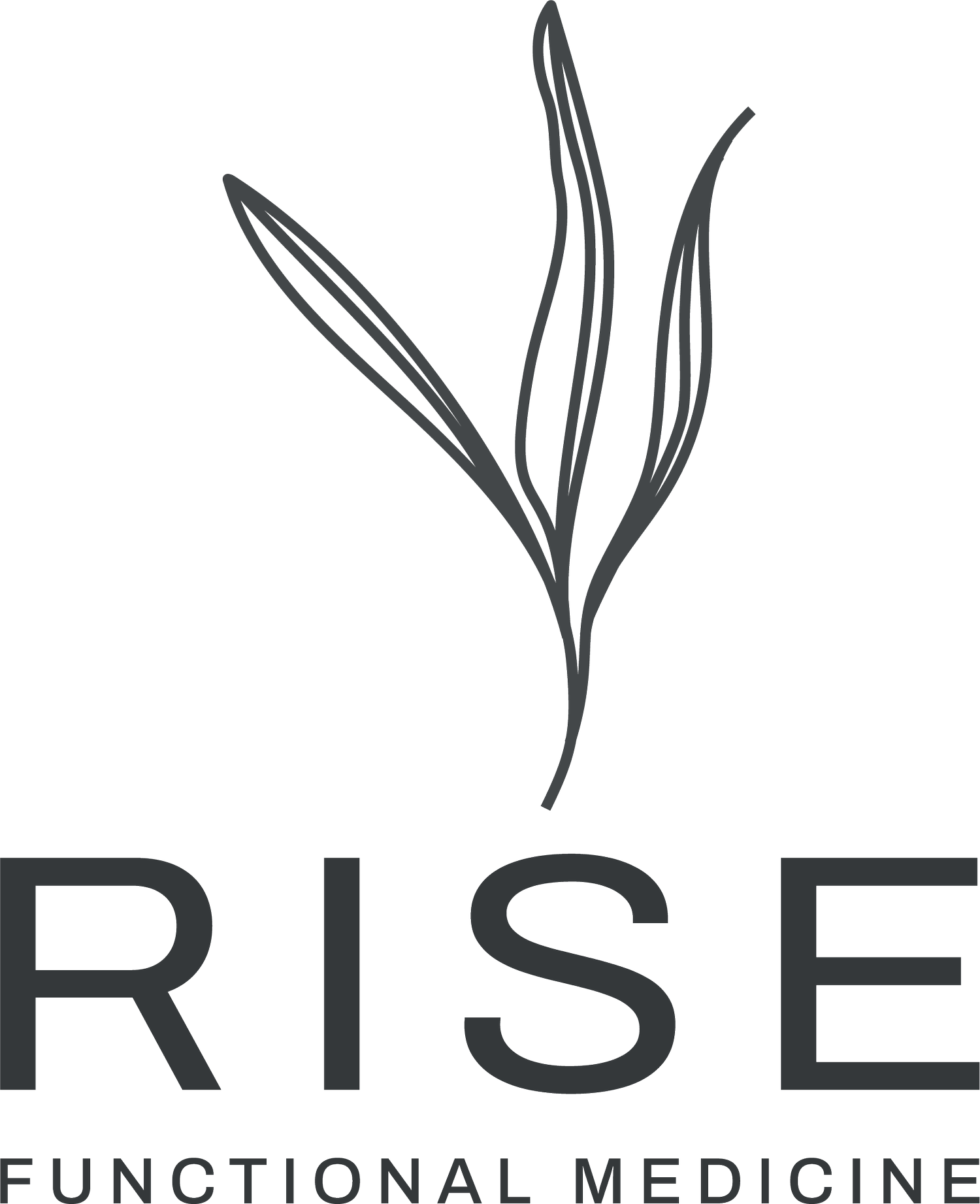A Direct Gut-Hormone Link: Micro & Macronutrient Absorption
Absorption of key micronutrients and vitamins in the upper GI tract is a critical first step in supporting hormone health. Vitamins like B12, folate, vitamin D, magnesium, and zinc are necessary for hormone synthesis and maintaining healthy hormone receptor sites.
For instance, vitamin D plays a role in testosterone production and helps support estrogen receptors, while B vitamins and magnesium are essential cofactors in hormone production pathways. Insulin receptor function is compromised when we struggle with zinc or omega 3 deficiency.
Cell membrane and receptor site.
Inflammation, infections, or poor digestive function due to stress can hinder absorption of these key nutrients. This can weaken hormone receptor sites, reduce hormone synthesis, and lead to a cascade of hormone imbalances. Ensuring a healthy upper digestive system with adequate digestive enzyme and stomach acid production can promote optimal nutrient absorption, supporting hormonal health from the ground up.
Protein Absorption, Stomach Acid, and Hormone Balance
Protein absorption is also critical for hormone balance. Stomach acid activates pepsin, a key digestive enzyme that breaks down proteins into smaller peptides and amino acids (building blocks of many hormones).
Low stomach acid (a very common issue) can prevent sufficient pepsin activation, leading to incomplete protein digestion. The body relies on fully digested proteins to provide amino acids for hormone synthesis, neurotransmitter production, and muscle repair.
Signs of low stomach acid:
Bloating after meals, feeling full quickly, reflux, and B12/iron deficiencies.
Furthermore, poorly digested proteins can reach the small intestine and be recognized by the immune system as foreign particles, leading to inflammation and, in some cases, food sensitivities. This can further damage gut health and hormone receptors, perpetuating the cycle of poor nutrient absorption and inflammation.
Read the next blog to understand how short-chain fatty acids (SCFAs) can be your ally in achieving hormone balance.
⚠️ Disclaimer: This is not medical advice. The information provided in this masterclass is to help you have informed conversations with your own healthcare provider.



